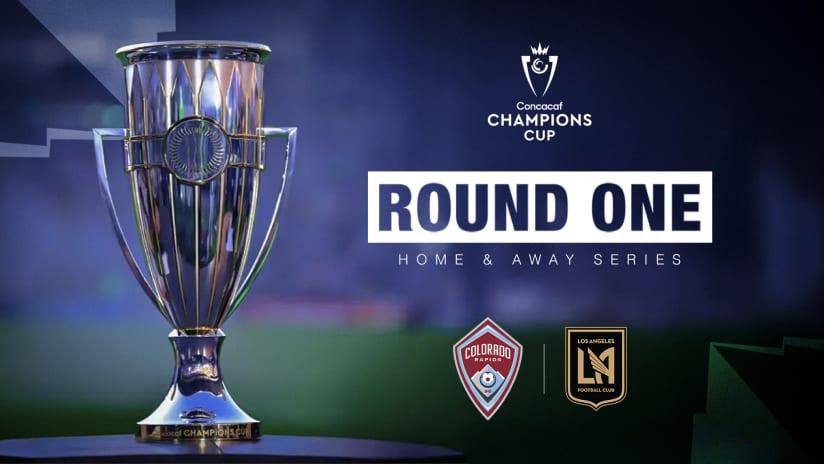Instant Access
No Waiting, Start Streaming Now
24/7 Support
Always Here to Help
Multi-Device
Watch on Any Screen
8K Quality
Crystal Clear Streaming


Instant Access
No Waiting, Start Streaming Now
24/7 Support
Always Here to Help
Multi-Device
Watch on Any Screen
8K Quality
Crystal Clear Streaming
In a world where sportsmanship often intertwines with celebrity culture,the recent incident involving a Concacaf referee and soccer superstar Lionel Messi has stirred both intrigue and conversation. As the boundaries between professional conduct and fan admiration blur, a seemingly innocuous request for an autograph during a match has sparked disciplinary action from the Confederation of North, Central America and Caribbean Association Football (Concacaf). This episode not only highlights the strict protocols governing officials but also raises questions about the nature of fandom and the responsibilities that accompany officiating at the highest levels of the game. Join us as we delve into the details of this unfolding story, examining the implications of such actions within the realm of professional soccer.
The governing body of soccer in North and Central America, and also the Caribbean, has taken swift action against a referee who crossed a professional boundary by asking Lionel Messi for an autograph. The situation unfolded following an official match, raising questions about impartiality in the officiating profession. while the incident may seem harmless to fans, concacaf emphasized the critical need for referees to maintain professional standards at all times, particularly when dealing with footballS biggest icons.
According to sources close to the matter, the referee’s actions were deemed a violation of ethical codes that stress neutrality and professionalism. The disciplinary measures imposed, though not publicly detailed, serve as a reminder of the institution’s strict policies. Below is a breakdown of what this incident highlights:
The actions of a referee in soccer hold immense weight, influencing not only the flow of the match but also the perception of professionalism within the sport.When a referee steps away from neutrality—whether by engaging in behaviors like requesting autographs from star players—it erodes the very essence of fair play. Such actions blur the boundaries between authority and fandom, making players, managers, and even fans question the official’s impartiality.This, in turn, jeopardizes the integrity of competitions, tarnishing their credibility on a global platform. for organizations like Concacaf, public trust is crucial, and incidents of unprofessionalism can undermine their efforts to maintain transparency and respect in the sport.
Beyond credibility concerns, the ripple effects of such behavior extend to younger referees, players, and aspiring officials. When misconduct goes unchecked—or even becomes the topic of headlines—it can set a dangerous precedent. Consider these broader consequences:
Below is a rapid highlight of how unprofessional referee actions can affect stakeholders:
| Stakeholder | Key Impact |
|---|---|
| Players | Loss of trust in officiating fairness. |
| fans | Reduced confidence in match outcomes. |
| Referees | damage to collective credibility. |
In the ever-growing world of soccer, referees and match officials hold a unique role as impartial enforcers of the rules. Maintaining ethical standards is not just about fairness; it also safeguards the integrity of the sport. When officials cross professional boundaries, like requesting autographs from players, it sends mixed signals to fans and raises concerns about bias. To prevent such situations, a clear framework of professional conduct must be adhered to, ensuring all interactions between officials and players remain neutral and respectful.
| Ethical Standard | Description |
|---|---|
| Impartiality | Treating all players and teams equally, without favoritism. |
| Professional Distance | Avoiding needless personal interactions with players. |
| Transparency | Reporting all incidents that might compromise integrity. |
Holding referees to high ethical standards protects both the official and the game itself. By fostering a culture of accountability and professionalism, soccer organizations like Concacaf ensure that the focus remains on the match, its rules, and the players’ performance rather than external distractions.
Maintaining proper boundaries between officials and players is essential to uphold the spirit of the game. When match referees engage in actions that could be perceived as favoritism, such as requesting autographs or selfies, it risks undermining their credibility. Football’s regulatory bodies, like Concacaf, work tirelessly to ensure that every match is conducted with the highest standards of professionalism. such standards help eliminate biases and reassure players, fans, and teams that the outcomes are based solely on merit.
To preserve a level playing field, referees are bound by a clear code of conduct that prohibits personal interactions with players during or after matches. Instances like an official asking for a player’s signature can create an impression of partiality. Steps to reinforce this framework include:
| Violation | Response |
|---|---|
| Seeking personal mementos | Reprimand or suspension |
| Expressing bias publicly | Dismissal from matches |
In the ever-evolving landscape of football governance and player conduct, the incident involving the Concacaf referee’s request for an autograph from Lionel Messi has sparked a nuanced discussion. As the governing body lays down the law, it serves as a poignant reminder of the delicate balance between sportsmanship and professionalism, where even fleeting moments can hold important implications. The decision to discipline the referee underscores the commitment to maintaining integrity within the game. As fans and players alike continue to navigate this dynamic world, one thing remains clear: the lovely game thrives not just on the pitch but also in the principles that guide it. As we look ahead, let us hope that respect for the sport and its figures continues to reign supreme, paving the way for a fair and respectful playing field for all.
34,353
Live TV Channels
162,404
Movies
27,802
Series
284,023
Total Subscriptions
139,854
Users Online
142,887
Total Resellers

